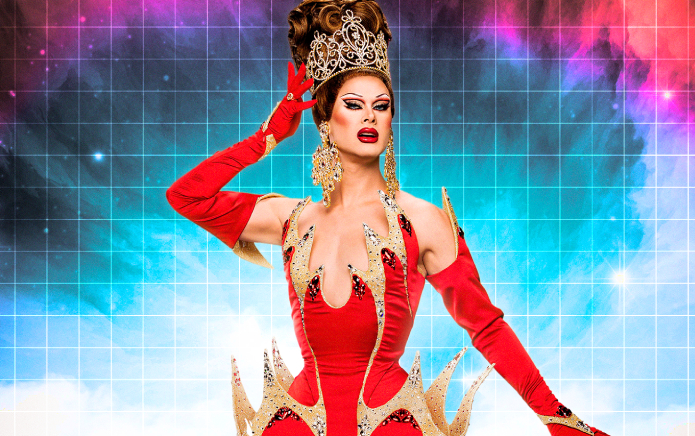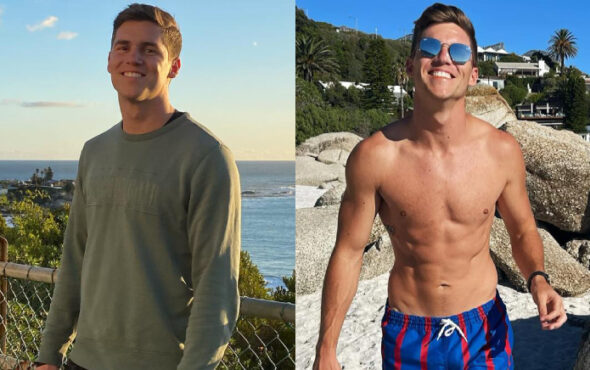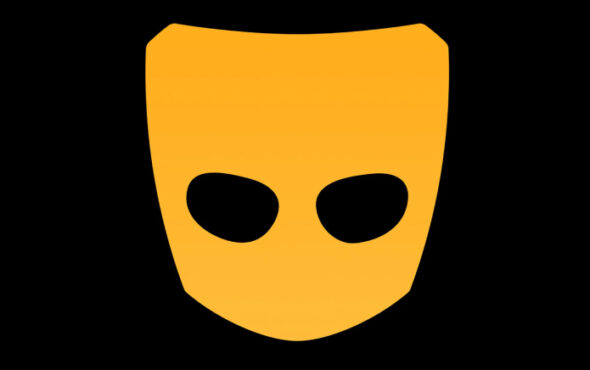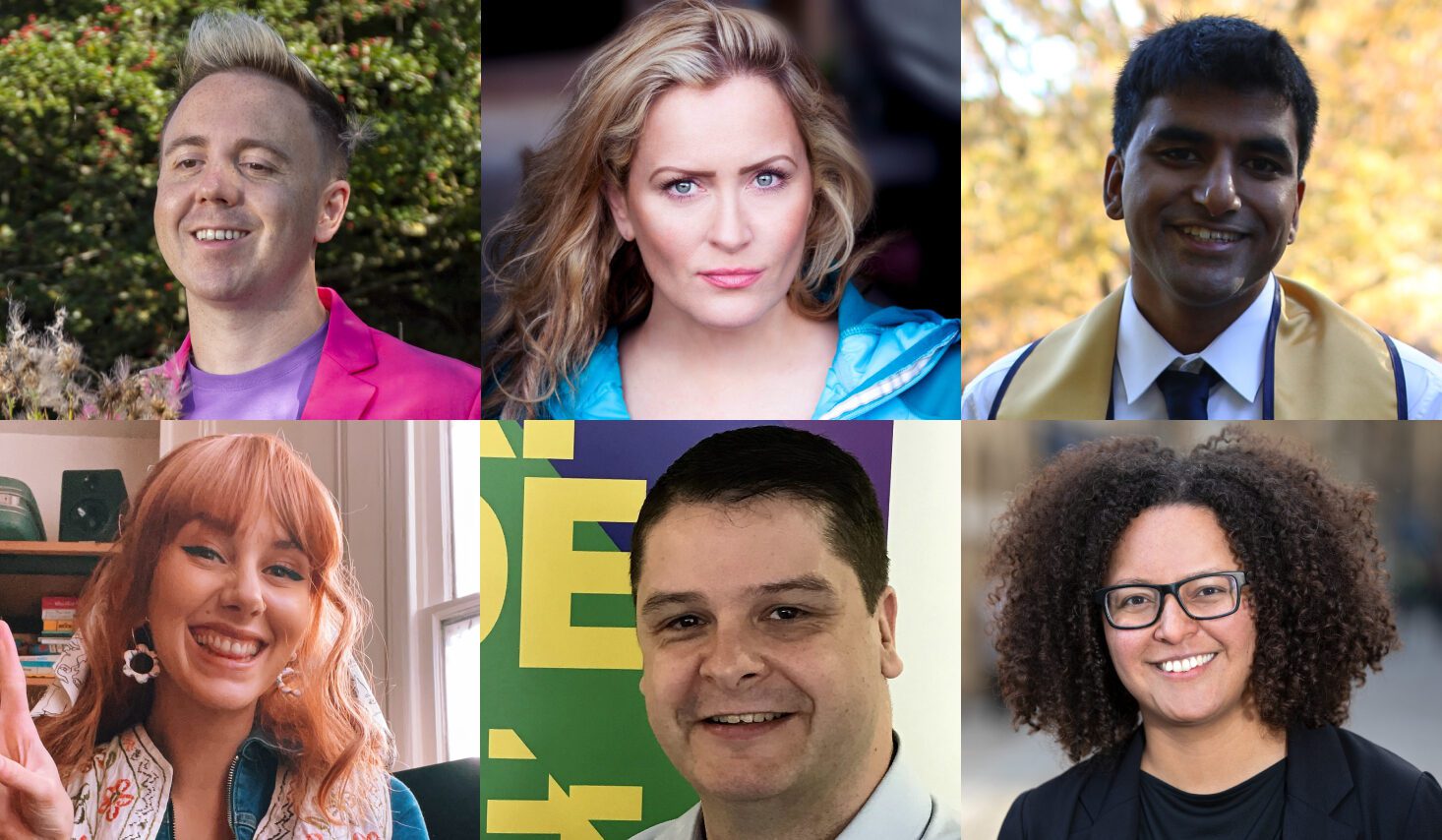
Over the years I’ve enjoyed writing about Bi Visibility Day, which takes place annually on 23 September. As a gay man I am continually learning, as bi identities are getting more and more recognition. However, it’s clear that bi people still encounter prejudice from both LGBTQ+ and straight people.
It was fascinating to speak to six prominent bi people. I asked them two questions: what was the greatest challenge they face coming out as bi, and secondly, what would be their advice for a young person coming out now. Their responses are insightful and I hope you enjoy reading them.
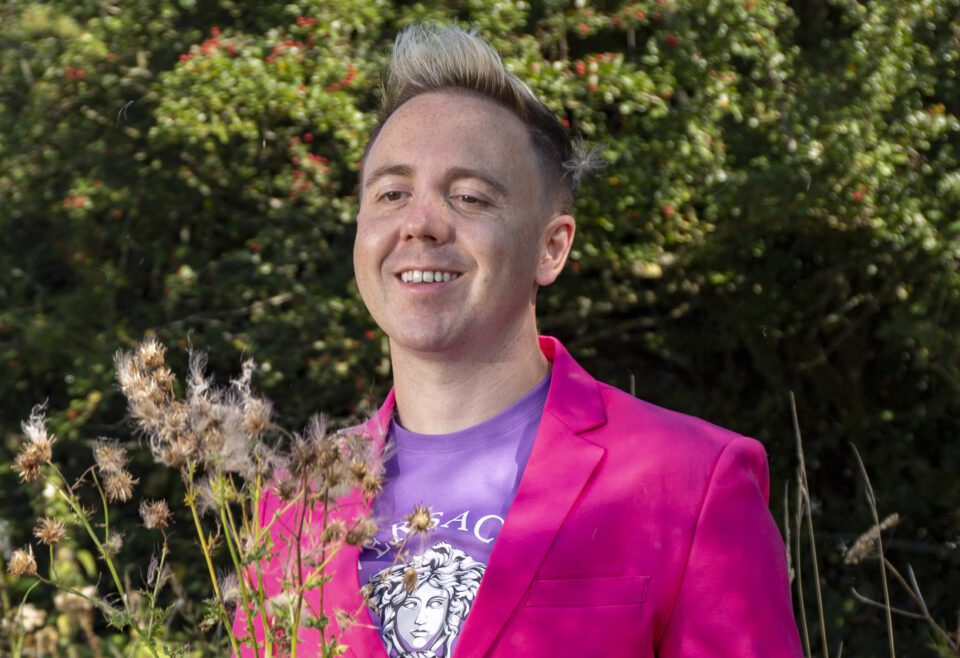
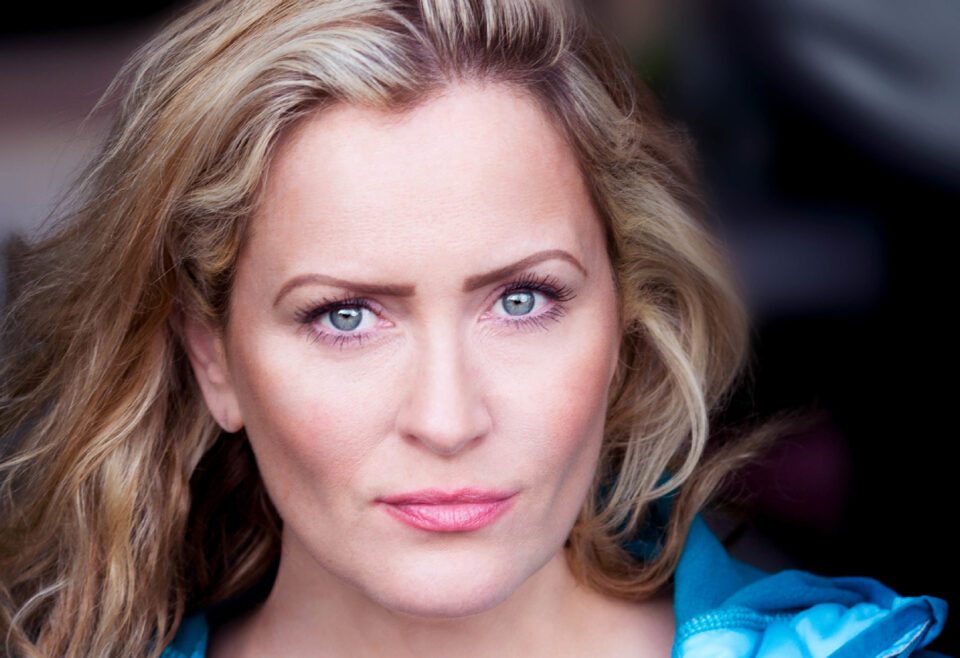
John Galea (singer/songwriter)
“I guess it was my own struggle within myself. My family and friends were amazing at accepting me for me and I feel very lucky about that, but in my own mind I thought liking guys meant that I couldn’t find women attractive either, which of course is rubbish. However, after a while I realised it was important to embrace exactly who you are and not be afraid of other people’s opinions. Don’t let other people’s opinions, or in some cases biphobia, define who you are. As a community we are getting better at supporting each other, which is great, but don’t be afraid of treading down your own path exploring who you are.”
Nicole Faraday (actress)
“The greatest challenge coming out as bi is not being believed by either side really! Gay friends at the time told me I was being ‘greedy’ and ‘should pick a side’ while straight men in particular thought it was for titillation, their benefit rather than me genuinely forming meaningful same-sex relationships.. Thankfully the stigma surrounding bisexuality is not nearly as pronounced these days but I still feel the need to explain myself regularly and if I am in a heterosexual relationship people assume me liking women was a ‘phase’.
“My advice would be to realise that you are not alone or strange to feel like this and to look for local support groups or clubs with like-minded people. Check out the queer content on Netflix and Amazon Prime, as thankfully LGBTQ+ role models are a lot more mainstream these days.”
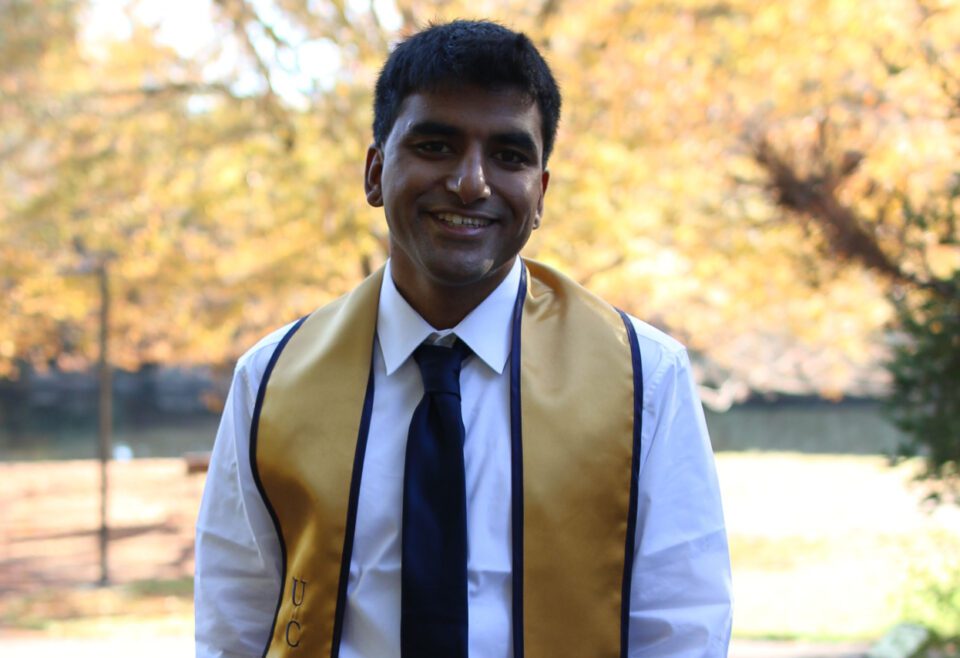
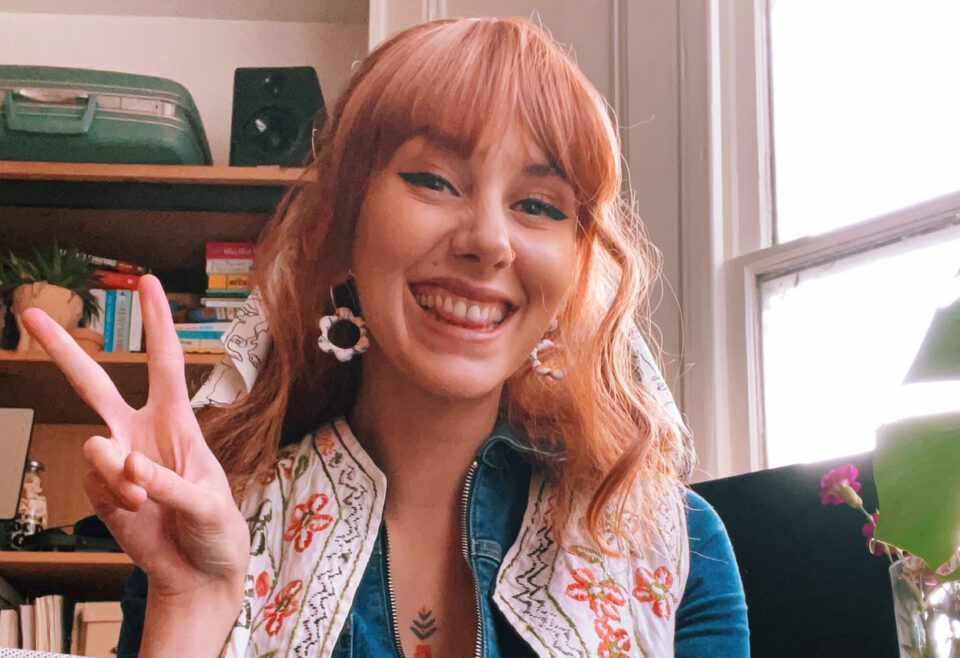
Juno Bhardwaj-Shah (LGBTQ+ activist)
“It may sound cliché but the greatest challenge for me was recognizing and accepting my own bisexuality. Growing up in a South Asian home, despite being in a liberal family, LGBTQ+ issues were rarely discussed and my school’s woefully ‘non-inclusive’ RSE education was no better. It was only at university – meeting the many wonderful people that are part of our communities – that I started to embrace my sexuality. So, coming out to my actual immediate family was the easy part – I just had to cross the hurdle of coming out to myself.
“There’s no right way or right time to come out, and it’s an incredibly personal process. Whatever age you are, it’s important that you’re comfortable with your decision and try not to let pressure from friends, family, or yourself, persuade or dissuade you from speaking your truth. Remember, you’re still part of our beautiful community whether you’re out to everyone or no one. It is often scary and daunting to come out, but it can also be a tremendous relief and a joy-filled occasion. Ultimately, trust your instincts and take your time – you know yourself better than anyone!”
Irene-Elizabeth Ellis (E!’s The Bi Life cast member)
“Looking back, the hardest challenge in coming out was that it wasn’t just the once. The challenge is to carry on doing it. The first time and then maybe a couple of years later when you actually get that same-sex partner you told people about. And then again, after dating the opposite sex for a while. As a bisexual, the hardest challenge is showing that your bisexuality is a constant part of your identity, when so many just think it switches on and off.
“My advice would be to come out to yourself first. Be confident, imagine all the questions you might get asked and be prepared for them. There’s still a lot of stereotypical questions and the more confident you feel the more you’ll want to educate. And that’s great. Try and find people that will remind you that you’re not the singular ‘B’ in ‘LGBTQ+’. It’ll help along the years to have a community to fall back on and eye-roll with. Trust me.”
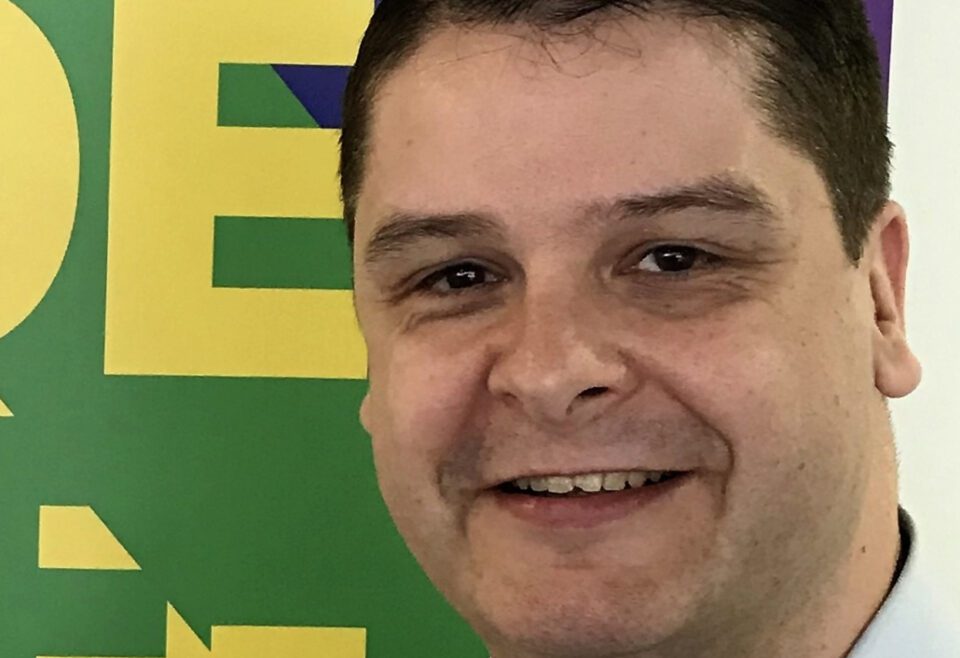
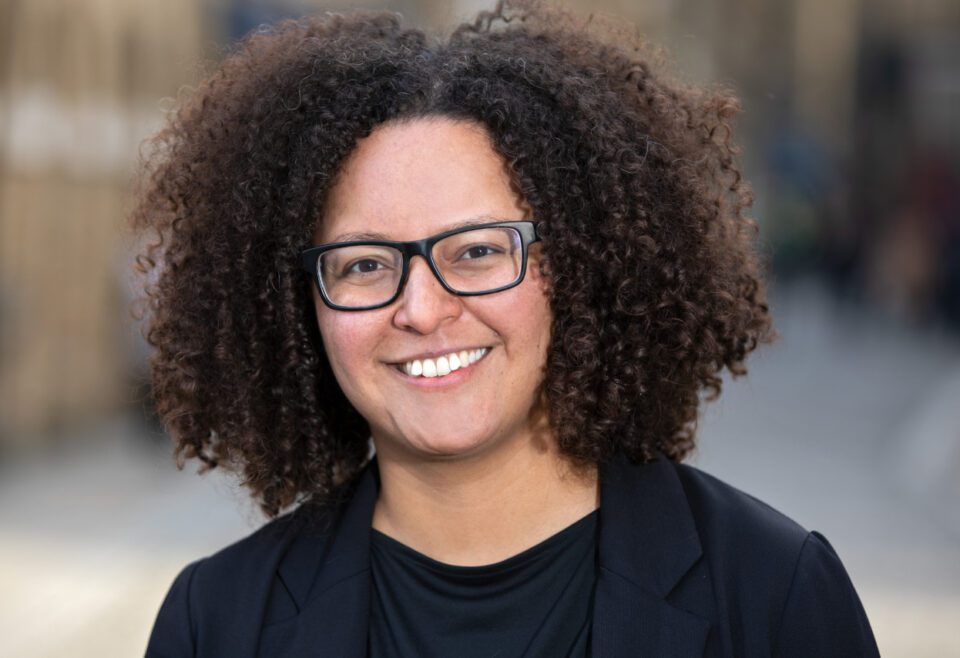
Rob Davey (Bisexual activist)
“The greatest challenge I faced in coming out was actually coming out to myself as bisexual. I’d always known I was attracted to more than one gender but due to the total lack of bi visibility at that time I didn’t really realise what that meant until I was 25 and married. I believed biphobic tropes that the attraction to men I was feeling must be a phase that I’d grow out of, but I never did.
“I would advise young people who experience non-monosexual attraction to use the labels that work for them or even no label at all. You are valid and don’t owe anyone an explanation of your sexual or romantic attraction. Find your community and enjoy living your authentic truth.”
Mandu Reid (Leader of the Women’s Equality Party)
“At best not being taken seriously, at worst… Outright hostility from the gay and lesbian community as well as heterosexual people. From the very beginning I’ve had to navigate suspicion and scepticism about my sexual orientation, including from my partners and lovers – both male and female. With hindsight I now realise that this stems, at least in part, from their insecurities and fears rather than having anything to do with me as a person.
“Be gentle and patient with yourself – especially if you feel shame creeping up on you. Don’t measure yourself, your self-worth, or your value against standards or expectations of people who would be more comfortable if you conformed to their idea of normal. The risk of rejection or being hurt is a real hazard, but don’t let that stop you from loving and living abundantly and with abandon.”
